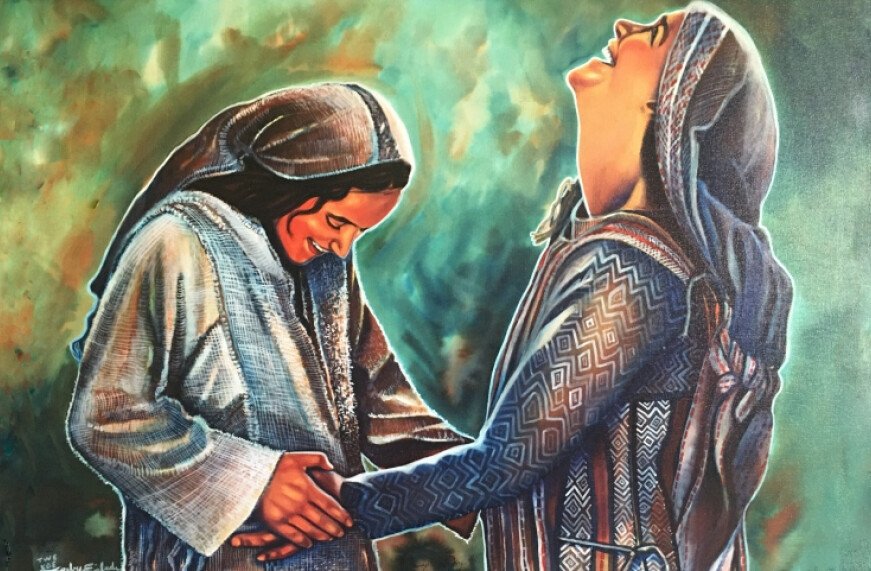Trust in the Mission

Living in the age we do, with all its technology and modern convenience, Jesus’ summoning the twelve, at least for me, is a little hard to swallow. It’s hardly the alluring advertisement for evangelization and disciple-making candidates! No food, no money, just a walking stick and sandals! Not even a second shirt! But if you dig a bit deeper, you hear that “Jesus gave them authority…” Read: Jesus gave them the tools they needed. There was nothing out of the ordinary about the first disciples—fishermen, tax collectors—all ordinary folks. We are all called to be disciple-makers. What the gospel tells us is in order to become that, we need to divest ourselves of what keeps us from sharing the Good News. When we do that, the Lord equips us with what we need, just like Amos, again an ordinary person—a shepherd and arborist—who the Lord sent forward to ministry. And just like the apostles, God meets us where we are, gives us the tools we need, and sends us to be his hands and feet and voice. “Christ has no body now but yours. No hands, no feet, but yours.” (Teresa of Avila) As we walk with our walking stick and sandals, let us pay particular attention to how we can be Christ visible in the world. How will we let the Lord meet us where we are? Where will we be his hands, his feet, his eyes, his compassion in the world?


